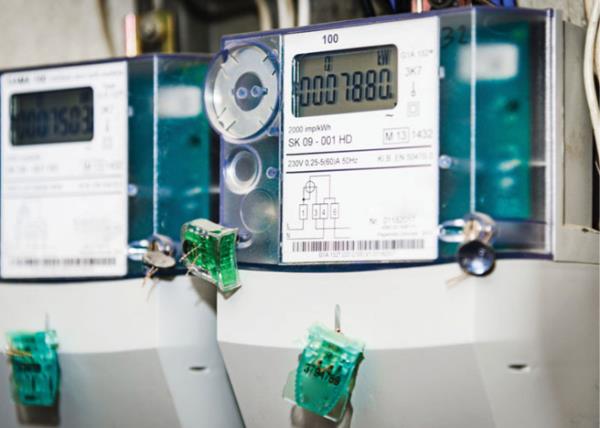02 November 2023

According to the Public Accounts Committee (PAC), some 7 million smart meters are at risk of losing connectivity when 2G and 3G mobile communications networks are switched off by 2033.
The UK’s national smart meter network is managed by the Data Communications Company (DCC). Existing Smart Meters (SMETS 1 and SMETS 2) use a mix of wireless network technologies to communicate how much gas and electricity people are using back to the central Smart Metering Wide Area Network (SMWAN).
“Too many smart meters are not fully functioning and millions more will be impacted when the 2G and 3G mobile communication networks close. In March 2023, around 3 million (9%) of smart meters were not working properly in total. Of these, 1.6 million are ‘transitory’ issues according to the Department, but the remainder were faulty, and either not sending energy use information to suppliers or not displaying usage to consumers, or both.
Suppliers are supposed to take ‘all reasonable steps’ to replace smart meters that are not working properly, but the government’s rollout targets mean suppliers have much clearer incentives to prioritise the installation of new meters rather than replacing broken ones. Consumers are only guaranteed for a year the benefits arising from being able to monitor their energy consumption in real-time – because if their display breaks after that, the supplier currently has no obligation to replace it.
An estimated 7 million communications hubs (part of the electricity smart meters) will also need to be replaced, because they will lose functionality when the 2G and 3G mobile communications networks are closed. The costs of these upgrades could be very significant, and, like other costs of the rollout, are ultimately passed on to billpayers,” said the PAC statement on the upcoming 2G/3G Switch-Off.
-(002).png?lu=380)









